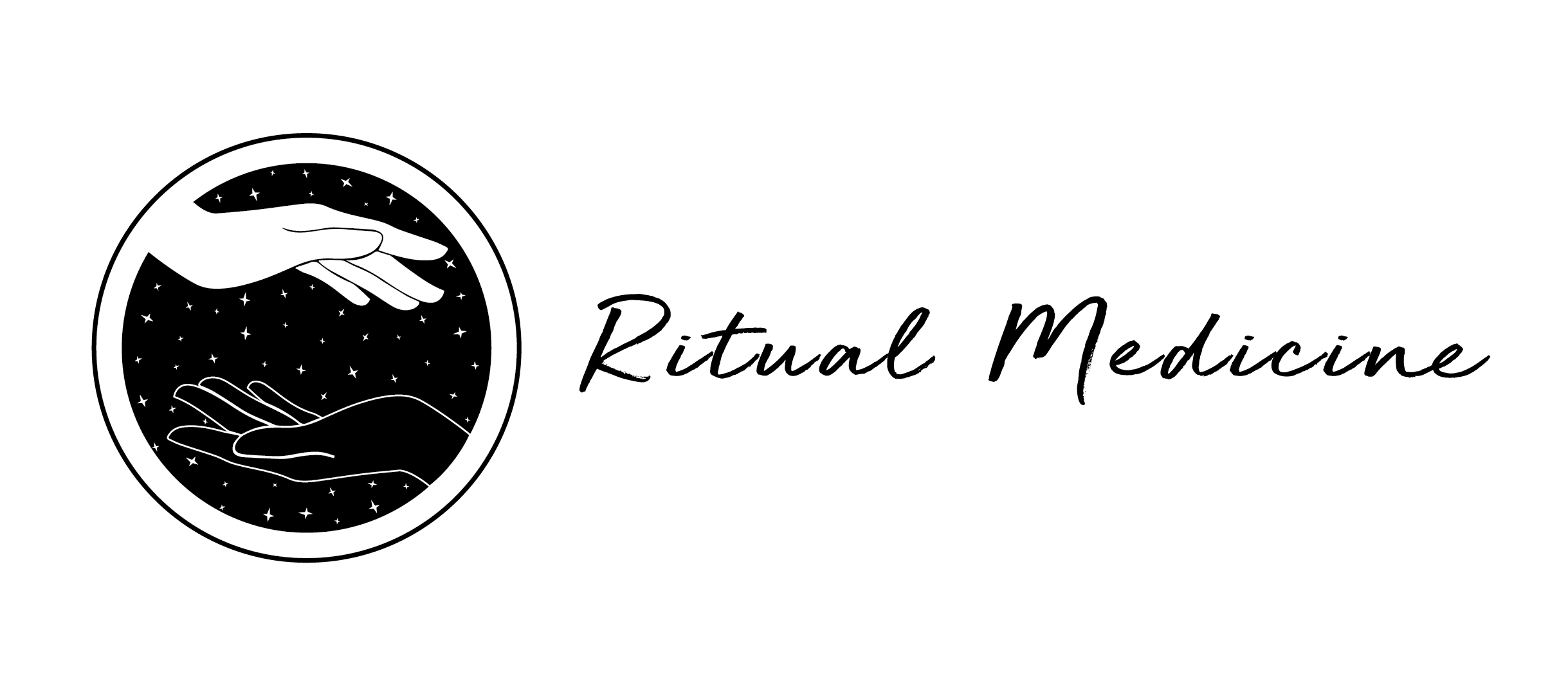Second trimester of pregnancy
The next three months bring lots of changes for your growing fetus and, most likely, welcome relief from early pregnancy symptoms. Here’s everything you need to know to really sail through most women’s favourite time of pregnancy, the second trimester: weeks 14–28.
Once you enter the second trimester you may find it easier than the first. Your nausea (morning sickness) and fatigue may lessen or go away completely.
However, you will also notice more changes to your body.
That “baby bump” will start to show as your abdomen expands with the growing baby. By the end of the second trimester you will even be able to feel your baby move!
Symptoms you may experience
While most mum’s find the second trimester the most comfortable in terms of symptoms or general discomfort, here are some symptoms that you may experience:
- Heartburn
- Low back or pelvis discomfort
- Mild swelling of ankles and feet
- Varicose Veins
What part of my baby is growing?
- Digestive system
- Senses: by week 22 of pregnancy, baby is developing senses and is starting to smell, see and hear, and those little eyes are beginning to open.
- Heart
- Hair, Skin, Nails
- Brain
What tests or screening might I need to get?
- Glucose screening: About one in 10 pregnant women is diagnosed with gestational diabetes, which is why the American College of Obstetricians and Gynecologists (ACOG) recommends that all women be screened for the condition around week 24 to week 28 of pregnancy.
- Ultrasound/ Reveal the sex of the baby: Usually between 18 and 22 weeks of pregnancy, your doctor will measure the baby, check developing organs, determine the amount of amniotic fluid, and — if you like — clue you in on the sex of your baby.
- Possibly, prenatal genetic screening: If you haven’t already and if you have certain risk factors, your doctor may suggest a genetic screening
How should I be taking care of myself during these few weeks?
- Eating a well balanced, nutrient dense and nourishing diet. Think lots of vegetables, health fats and quality protein.
- Making sure to move your body at least a little every day, gentle yoga, a walk around the block, a living room dance party, increasing blood flow and strengthening muscle tone is crucial.
- Tracking your weight gain and making sure you have your doctors appointments scheduled.
- Consider planning a baby moon. Since first-trimester nausea should be quelled (and some airlines put restrictions on traveling later in pregnancy), now’s a good time to plan one last hurrah before baby’s arrival.
- Continuing on with your regular acupuncture treatments to keep you feeling as good as possible!
Stefanie Miska is a licensed acupuncturist and herbalist with a practice focus on reproductive care. Call 1 778 400 6360 to schedule a consult.





